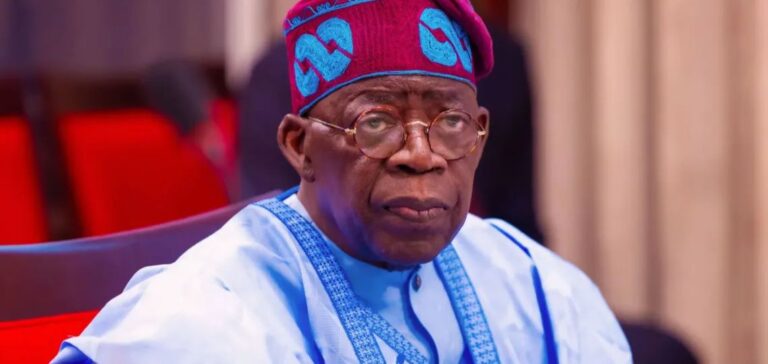The President of the Federal Republic of Nigeria, Bola Ahmed Tinubu, has carried out a full replacement of the leadership of the Nigerian National Petroleum Company (NNPC), the state-owned oil corporation, according to an official statement released on 2 April. The decision comes as Africa’s leading oil producer continues to suffer from a steady decline in crude oil production, which dropped below one million barrels per day in 2023—well short of the government’s target of two million barrels by 2027.
Strategic shift at the helm of NNPC
Mele Kyari, former Group Chief Executive Officer of NNPC Limited, and the company’s Chairman, Pius Akinyelure, were dismissed. Both had held their roles for several years, with Akinyelure known as a close ally of the president. They are being succeeded by Bayo Ojulari, former Managing Director of Shell Nigeria, along with new board members whose names have not yet been disclosed.
Presidential spokesperson Bayo Onanuga stated that the restructuring aims to enhance operational efficiency, rebuild investor confidence, and support gas market diversification. The new board is also expected to increase NNPC’s contribution to national oil output, with the president targeting 200,000 barrels per day by 2027 and 500,000 barrels per day by 2030.
Economic pressure and investor concerns
According to a source close to the presidency, the move addresses a “trust crisis” between NNPC and private sector players, though it is not intended as a punitive action against the previous leadership. Nigerian economist Kelvin Emmanuel remarked that the dismissals had “been long expected” due to what he described as underperformance, despite NNPC posting a record profit of NGN3.3tn (approximately $2bn) for 2023.
Despite that result, the company later acknowledged in a follow-up statement that it continued to face significant financial constraints. Observers noted that the company’s operational difficulties have had a direct impact on the Nigerian economy, which has been under strain following reforms by President Tinubu—including the removal of fuel subsidies and liberalisation of the national currency. These changes contributed to inflation exceeding 30% in 2024.
Internal reactions and political dynamics
The appointment of Bayo Ojulari, who recently led the Renaissance consortium in acquiring Shell’s onshore assets in Nigeria, comes amid growing political tension. Though both Ojulari and Tinubu share Yoruba ethnic roots and the same religious background, their different regional origins have not deterred opposition claims of an ethnically driven agenda.
Nigeria remains divided along religious and regional lines, with the predominantly Muslim north and Christian-majority south often split on political matters. According to Ikemesit Effiong, Head of Research at SBM Intelligence, the sudden reshuffle may unsettle investors, particularly within an already polarised political environment.






















